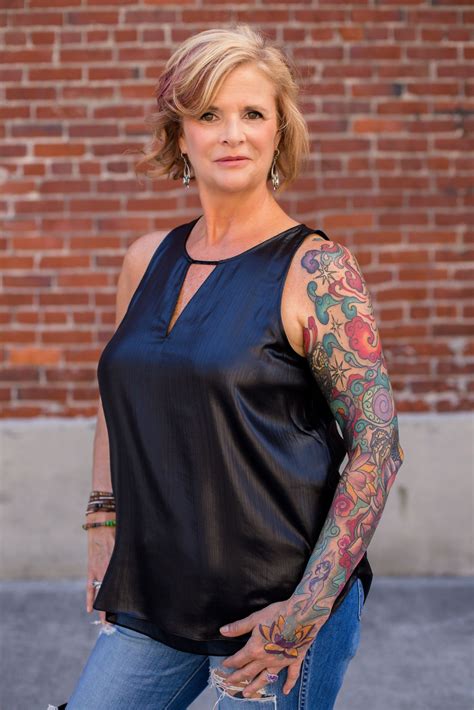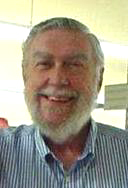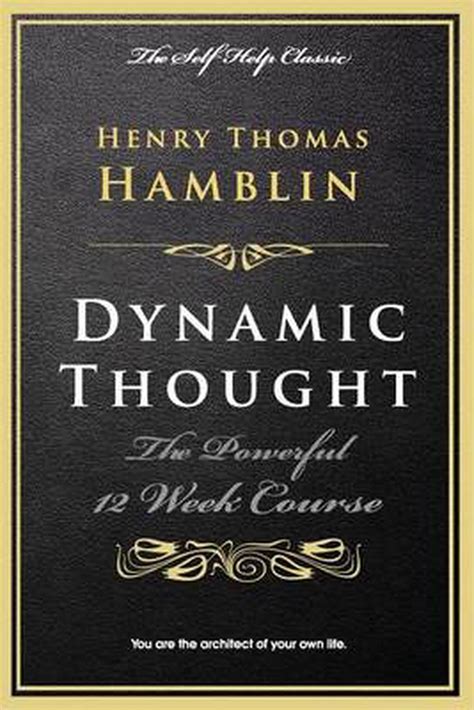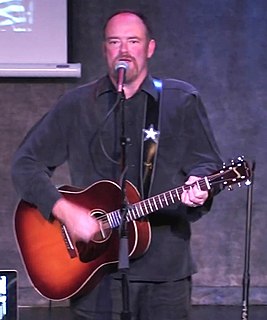A Quote by Henry George
My primary object is to defend and advance a principle in which I see the only possible relief from much that enthralls and degrades and distorts, turning light to darkness and good to evil, rather than to gage a philosopher or weigh a philosophy. Yet the examination I propose must lead to a decisive judgment upon both.
Related Quotes
Men's and nations' finest hour consist of those moments when extraordinary challenge is met by extraordinary response. Hence in those darkest hours, we must light our individual candles rather than vying with others to call attention to the enveloping darkness. Our indignation about injustice should lead to illumination, for if it does not, we are only adding to the despair-and the moment of gravest danger is when there is so little light that darkness seems normal!
The principle itself of dogmatic religion, dogmatic morality, dogmatic philosophy, is what requires to be rooted out; not any particular manifestation of that principle. The very corner-stone of an education intended to form great minds, must be the recognition of the principle, that the object is to call forth the greatest possible quantity of intellectual power, and to inspire the intensest love of truth.
Sociological method as we practice it rests wholly on the basic principle that social facts must be studied as things, that is, as realities external to the individual. There is no principle for which we have received more criticism; but none is more fundamental. Indubitably for sociology to be possible, it must above all have an object all its own. It must take cognizance of a reality which is not in the domain of other sciences... there can be no sociology unless societies exist, and that societies cannot exist if there are only individuals.
Its more than a simple belief that there is good and that it should fight the evil in the world. It's a personification of Light and Darkness at their most elemental level, as forces that are so absorbed with themselves that one cannot exist without the other though they constantly try to consume one another. One of the earliest repersentations of Light and Darkness was of Light being a massive black bull and Darkness being an enormous white bull.
My own interest is the responsibility of people to be responsible for their own lives and, with their neighbors, for their public space and actions. To sing their own songs. To make their own inventions..To build and not just to envy. To light that candle which is so much better than cursing the darkness. To be as much as the human condition can sustain, rather than being only what a system can allow.
I have always taken as the standard of the mode of teaching and writing, not the abstract, particular, professional philosopher, but universal man, that I have regarded man as the criterion of truth, and not this or that founder of a system, and have from the first placed the highest excellence of the philosopher in this, that he abstains, both as a man and as an author, from the ostentation of philosophy, i. e., that he is a philosopher only in reality, not formally, that he is a quiet philosopher, not a loud and still less a brawling one.
The particular aspect of history which both attracts and benefits its readers is the examination of causes and the capacity, which is the reward of this study, to decide in each case the best policy to follow. Now in all political situations we must understand that the principle factor which makes for success or failure is the form of a state's constitution: it is from this source, as if from a fountainhead, that all designs and plans of action not only originate but reach their fulfillment.
When anything is in the presence of evil, but is not as yet evil, the presence of good arouses the desire of good in that thing; but the presence of evil, which makes a thing evil, takes away the desire and friendship of the good; for that which was once both good and evil has now become evil only, and the good has no friendship with evil.





































